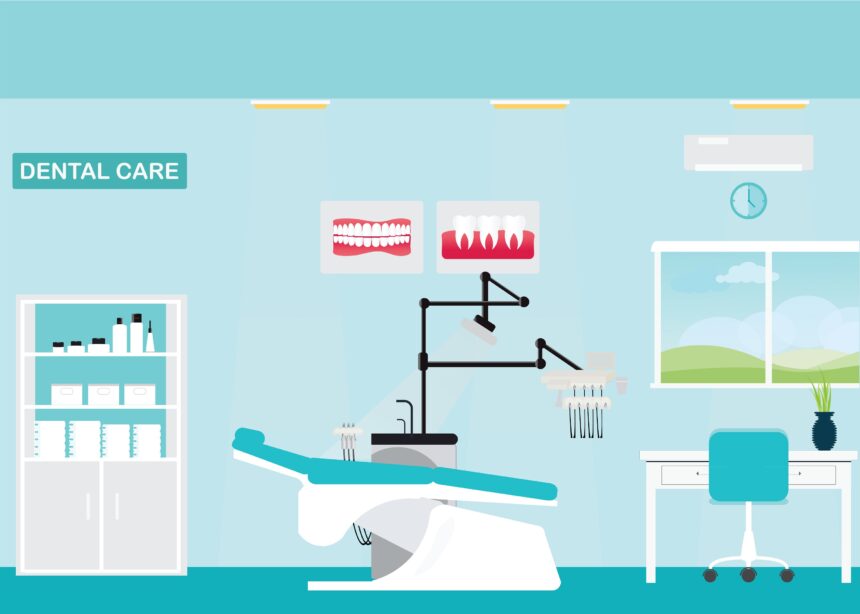In the United States, many activists have insisted that healthcare reform is one of our top priorities. Former presidential candidate Bernie Sanders and other pundits have pointed out that the United States is the only developed country in the world that lacks a universal healthcare system. They have routinely praised the systems of Canada, Australia, Denmark in other countries.
While they raise some valid points, they overlook some of the limitations of these other healthcare systems. One of the challenges is that many universal healthcare systems don’t cover certain services, such as dental care. Canada and Australia are prime examples of this.
This has created some challenges for citizens in these areas. It is also a problem for dental practices. Dental practices must embrace different business models than most other healthcare providers, because they must convince patience to work with them without government subsidies. This can be particularly difficult during periods of economic stagnation. According to Dr. Michael Prokic, the head dentist of MGA Dental, this means that dental clinics must also be able to convince patients to invest in necessary care before emergencies arise.
Challenges with dental care in many universal healthcare systems
Of course, every universal healthcare system is different. Some cover dental care to varying degrees, while others do not cover at all. The countries that provide little or no access dental care have created some serious issues.
Canada is one of the countries with the national healthcare system that does not offer dental coverage. According to research from the Canadian Academy of Health Sciences, one in sex Canadians feel that they cannot afford reasonable dental care. Between two and three million people have not visited a dentist within the past year, citing a lack of private insurance or an inability to pay the costs as their primary obstacle.
“Oral diseases such as dental decay and gum disease remain common, and increasing evidence now demonstrates links between oral health and general health conditions, such as a direct link between gum disease and diabetes. Furthermore, as with many other social, economic and health-related indicators, these improvements in oral health indicators for whole populations mask increasing inequalities within the populations. On top of this, in recent years it has been increasingly recognized that in countries with predominantly private dental care systems, access to oral health care for some groups is emerging as an increasing problem.”
Australians have an even more difficult time getting dental care than their cousins in Canada. While the public sector does offer some dental services, they are extremely limited. Children under the age of 13 can get very basic care and some impoverished people can get emergency treatment. However, virtually everybody else is required to pay for their services with it private clinic.
Australians also have difficulty getting access to these services. One study found that close to 50% of adults between the age of 25 and 44 are unable to afford dental care.
What challenges does this create for dental clinics?
The lack of public coverage for dental care in many countries with universal healthcare systems can be problematic for dentists. Unlike doctors that provide subsidized care to patients from all walks of life, dentist can onlyserve patients that can afford to pay out-of-pocket for costs or have decent dental coverage through their employer.
There are a couple of challenges this creates for them.
Determining the right price point for their services
Physicians are usually highly regulated by national medicare programs. There are strict limits on the prices that they can set.
Dentists have a lot more freedom with setting prices. However, this can actually be a drawback for them. They often struggle to find the right price, because they can end up losing customers if they don’t reach the right equilibrium point. Some Australian dentists set prices too high for patients to find preventive care, so they only depend on people needing emergency treatments.
Convincing patients to Pay for routine cleanings and checkups
In Australia and other countries with national healthcare systems that don’t cover dental care, patients are not used to paying as much out of pocket for their health care needs. It is more difficult for dentists toinvest in decent dental care.

